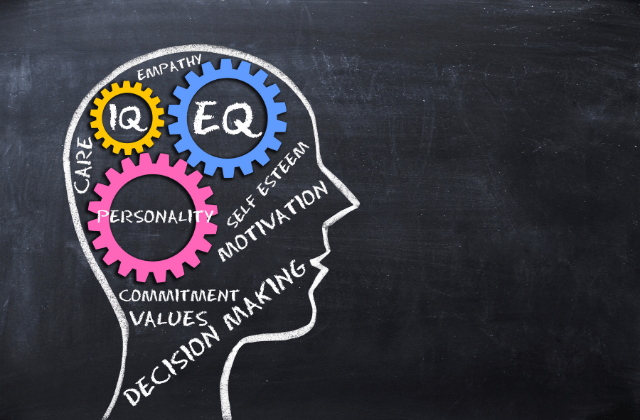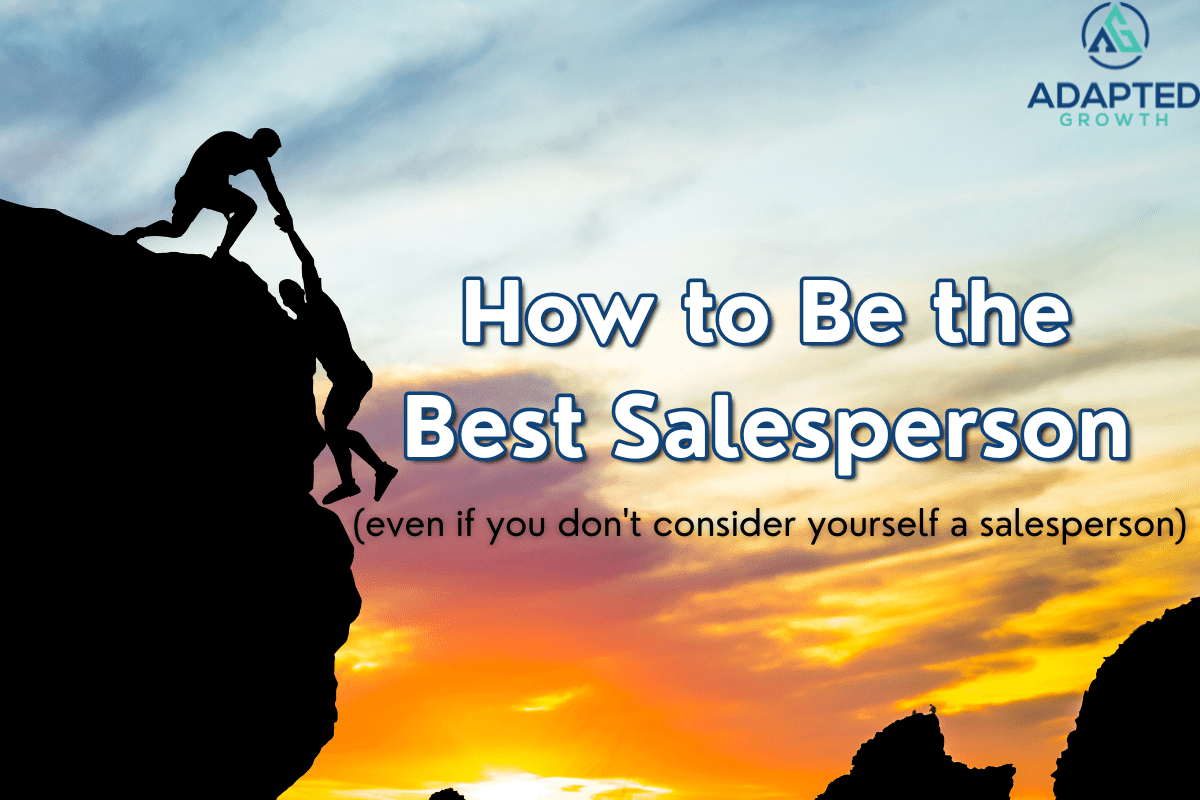If you’re a founder still having your own sales conversations, I don’t have to tell you you’re wearing a lot of hats. There’s nothing wrong with it; I’m in the same boat—by choice, no less. But it’s something I would not have been able to do without taking a DiSC Personality Assessment first.
You’re pitching your product, handling objections, closing deals, and again, no shame, but probably learning how to do all of it on the fly.
It’s not easy. Especially when you’re not just building a product, you’re building a business.
One of the most overlooked tools in that process? Understanding how people communicate. That’s where the DiSC Personality Assessment comes in.
Why Personality Assessments Matter in Sales
Before you hire your first salesperson, and even before you become confident in your own selling style, it helps to understand your natural tendencies.
- Do you often take control of conversations?
- Do you get lost in small talk without closing the deal?
- Do you avoid conflict and sugarcoat hard questions or critiques?
- Or maybe you push features too hard without reading the room?
These patterns aren’t just random quirks. They’re part of your behavioral wiring, and none of them are bad when you’re aware of them. Actually, they can become a superpower when you figure out how to either use them or shift them to match your prospect’s style.
When you understand the communication styles of yourself and your audience, you stop having accidental conversations and start having intentional ones.
That’s the real value of using personality assessments in the workplace, especially in sales.

What Is the DiSC Personality Assessment?
The DiSC Personality Assessment is a simple but powerful tool that helps you understand what your strengths and challenges are, what motivates and demotivates you, and how you:
- Prefer to communicate
- Make decisions and think through problems
- Handle stress
- Approach goals and relationships
DiSC breaks personalities down into four primary styles:
- Dominance — Direct, decisive, gut-driven, and results-oriented
- Influence — Social, energetic, gut-driven, and people-oriented
- Steadiness — Reliable, patient, fact-driven, and people-oriented
- Conscientiousness — Precise, analytical, fact-driven, and results-oriented
Don’t think of these as hard and fast, though; it’s more like a spectrum. That’s why DiSC shows where you are using a circle divided into the four styles.
You might be in one section but close to the line of another, making that your secondary style. Some rare people are even solidly in the middle and can easily shift based on the situation. Plus, your natural style, what you default to when completely comfortable or under pressure, may differ significantly from the one you exhibit at work.
For instance, at home and in social situations, a person can be a consistent S-type. But at work, they tend to default to more of a D-type, especially if they’re in a leadership position. Not everybody displays a different style at work, but it’s pretty common.
Understanding your conversational style and thought processes helps put you on the same page with your prospects, teammates, and future hires. Knowing where they’re coming from and how they communicate allows you to have more meaningful interactions with them.

How Founders Can Use DiSC to Sell Better (and More Easily)
Most founders don’t have formal sales training. They just figure it out as they go, until they hit a wall, that is.
The DiSC Personality Assessment gives you a map of your communication tendencies so you can stop guessing and start improving.
For example:
- If you’re high in D, you may come across as too blunt or impatient, which can intimidate prospects or co-workers.
- If you’re high in S, you may avoid uncomfortable questions, like asking about their budget, which leads to a lot of unclosed deals.
- If you’re high in C, you might drown the prospect in too much detail without finding out if they even have a problem that needs solving, causing wasted time and a bad close rate.
- If you’re high in I, you may prioritize likeability over clarity, which can bring in too many unqualified clients that hurt the business.
When you know these tendencies, you can adjust on the fly without becoming a different person.
And again, with like-minded people, these traits will actually help you when you’ve developed your communication skills.

Hiring Salespeople? DiSC Helps There, Too
When it’s time to grow your team, personality assessments can save you from costly hiring mistakes.
DiSC helps you:
- Hire for communication styles that complement your business’s values and target market.
- Understand what kind of support and coaching your new rep will need and if they are coachable at all.
- Build a sales culture that values self-awareness and a helpful sales mindset, not just charisma.
It’s not about finding “the perfect personality.” It’s about knowing what kind of salesperson will thrive in your environment and how to help them succeed faster.

Take a Personality Assessment Today
Sales doesn’t have to feel like guesswork or a personality contest, and you don’t have to become someone you’re not.
But you do need to understand how you show up and how others experience you.
That’s what the DiSC Personality Assessment can help with.
If you’re a founder doing your own sales, or you’re preparing to hire your first rep, don’t just look at what people say — learn how they’re wired to say it.
Need help using DiSC to improve your conversations or build your sales team? Let’s talk.









